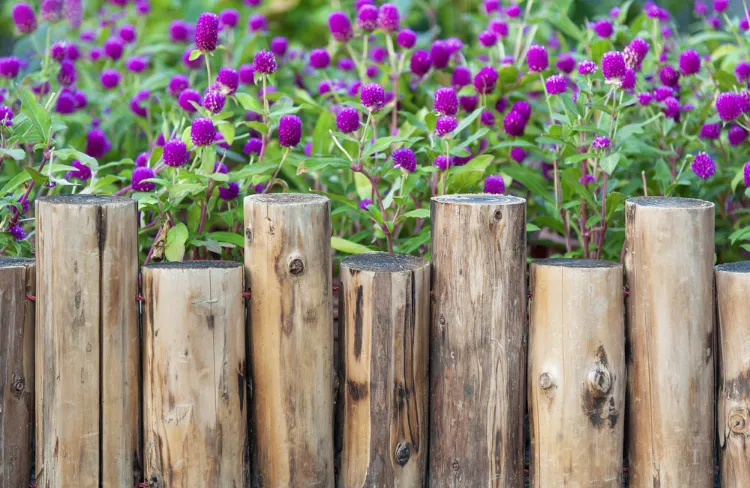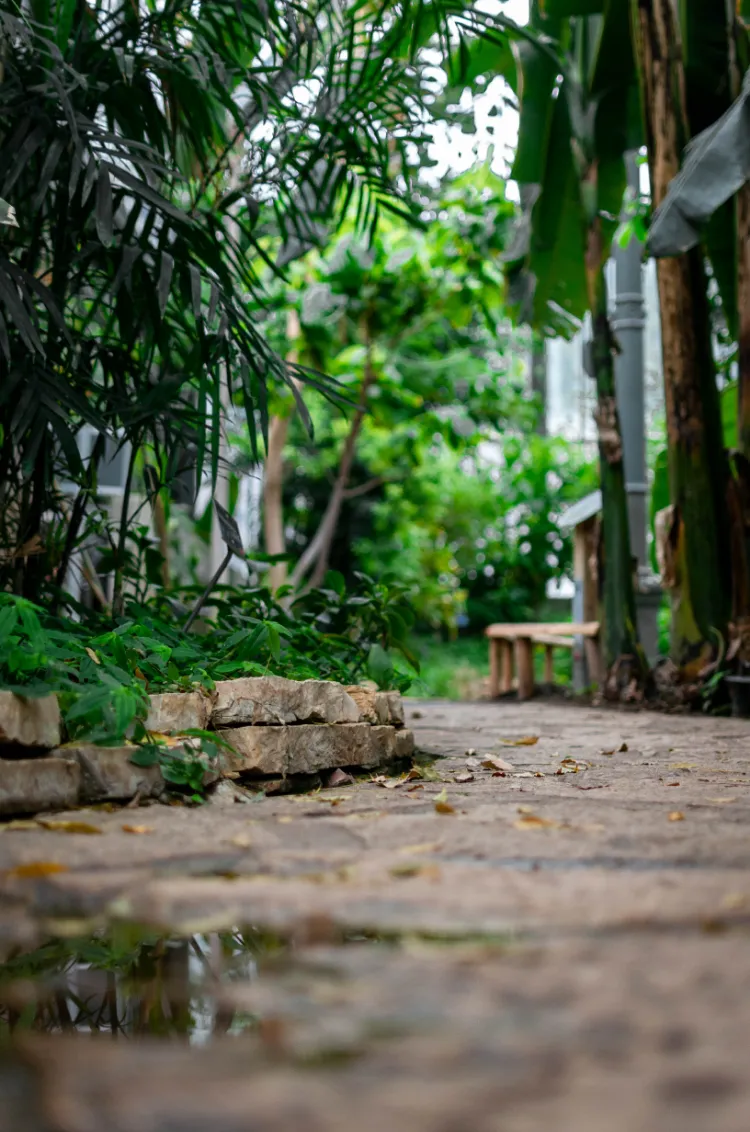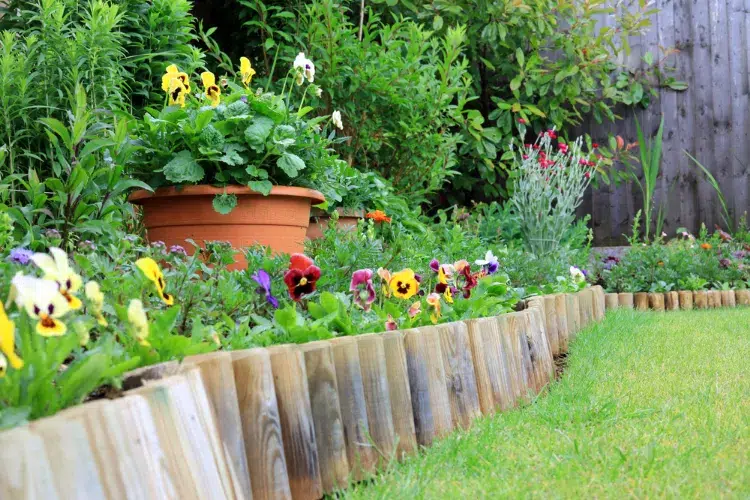Edges are an essential element in the design of a flowerbed, and their function can vary widely. They can be used simply to delimit an area or to facilitate maintenance. However, some gardeners use them as decorative elements in green spaces. In this way, edging can highlight a composition or reinforce a style. In all cases, it can be difficult to choose from among the wide variety of materials and shapes available.
Would you like a vegetated garden edging design? Or maybe one from stone? Let’s take a look at the possibilities! Follow this guide!
Which Vegetated Garden Edging Design to Choose?
A garden edging design can be useful for delimiting two distinct areas. What’s more, they’re very discreet, projecting only a few centimeters above the ground, so remember to use a more or less rigid material, depending on your space. There’s also a wide choice of options to enhance a flower bed. So, avoid spoiling a beautiful natural garden with a material that is the opposite of its value. An inexpensive garden edging can also do the trick to raise a bed without the soil, or even the mulch, tumbling out.
Let’s continue with the aesthetic aspect of a modern outdoor design. Why not use your edging to act as an essential support for plants that need it? The trick is to make sure they’re at the right height for maximum effectiveness! Also, garden edging makes for easy mowing and maintenance. And last but not least, because it’s sometimes difficult to create clear contours around flowerbeds, the solution is to place an edging at lawn level to give a nice effect when you mow. Let’s take a closer look at vegetated garden edging and stone edging to help you make your choice!
What If You Tried Garden Edging from Natural Stone?
In the same way, mineral materials offer interesting ranges if you want to have a natural exterior but with style! Indeed, in the form of raw or cut rocks, natural stone will undoubtedly offer you an authentic character to your garden. Here is a mix of what you can use as mineral edging:
- Pebbles
- Bricks
- Cobblestones
We advise you to opt for tried-and-tested materials such as sandstone, slate or shale, whose black reflections and shine will work wonders. Last but not least, mineral edgings can also be fully planted, thanks to cavities integrated into their structure. The advantages of these edgings are their solidity and durability, which means they can withstand weathering and trampling.
Also read: Flower Beds Stone Edging Will Separate the Lawn and Flowers
Which Vegetated Garden Edging Design to Choose? Wood!
No need to introduce you to this noble material recognized by all: wood. It will undoubtedly bring a lot of warmth and naturalness to your edging of flowerbeds and paths. You are spoiled for choice in this area:
- Large sleepers
- Boards
- Rollers
- Small barriers
Finally, planks and bamboo have made a comeback in recent years and are enjoying great success. What is certain is that we do not choose wood by chance. This material has its place in a natural garden! For the less DIY enthusiast, know that there are ready-to-install modules that are very easy to handle and install. However, the main disadvantage of wood is its relatively limited lifespan. Although, fortunately, there are species that are more resistant than others, such as black locust or chestnut, which are naturally more resistant to external aggression, they often tend to be damaged or rot in direct contact with the ground. These require almost no maintenance while making your exterior natural and charming.
Also read: Gorgeous Landscape Designs and Modern Garden Edging Ideas



